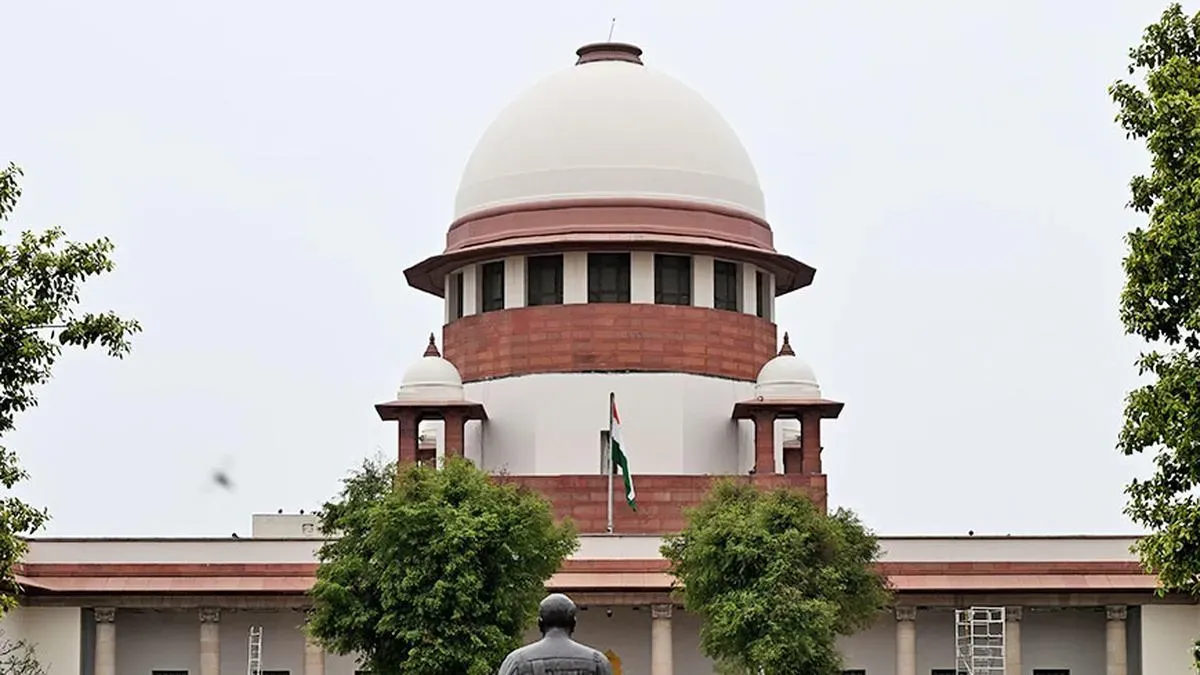Context of the Case: The Supreme Court of India recently granted bail to Mukesh Salam, an accused under the Unlawful Activities (Prevention) Act (UAPA), citing prolonged pre-trial detention. Salam, charged in connection with alleged links to Naxalites in Chhattisgarh, has been in custody since May 2020. His co-accused have largely been granted bail, with 12 out of 14 already released. The charges against him involve various sections of UAPA, the Chhattisgarh Vishesh Jan Surksha Adhiniyam, and the Indian Penal Code.
Grounds for Bail: The decision to grant bail hinged on the observation that the trial's early conclusion seemed unlikely. Out of the 100 witnesses presented by the prosecution, only 40 had been examined at the time of the hearing. The Supreme Court, led by Chief Justice DY Chandrachud, along with Justices JB Pardiwala and Manoj Misra, ruled that continuing Salam’s detention would not serve the interests of justice, given the protracted nature of the trial process.
Legal Considerations: The Supreme Court's ruling emphasized the principle that prolonged pre-trial detention could violate an individual's right to personal liberty and fair trial. This case highlights the judiciary's willingness to intervene when prolonged detention could be deemed excessive, especially under stringent laws like the UAPA. The Court’s decision underscores the balance between national security concerns and protecting individual rights.
Impact on Precedents: This ruling may influence future cases under UAPA and similar legislation, setting a precedent where prolonged detention without trial can be challenged successfully. The Court made it clear that the severity of allegations should not automatically lead to indefinite detention without substantial progress in the trial. This approach could push for a more judicious application of detention laws, ensuring that only those cases with concrete and substantial progress in investigations justify extended incarceration.
Conclusion: The Supreme Court's decision to grant bail to Mukesh Salam reflects the judiciary's role in safeguarding individual rights against potential misuse of anti-terror laws. By ordering his release on bail, the Court reinforces the idea that justice must not only be done but be seen to be done, particularly when it comes to the rights of those under extended detention without a timely trial. This judgment could have a significant impact on how long-term detention cases under special laws are handled in the future.










0 Comments
Thank you for your response. It will help us to improve in the future.